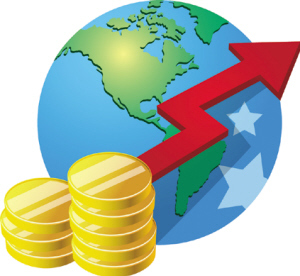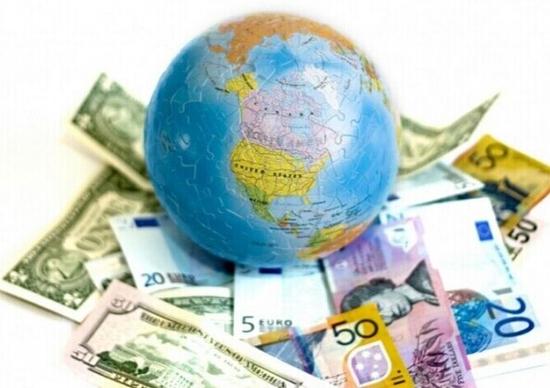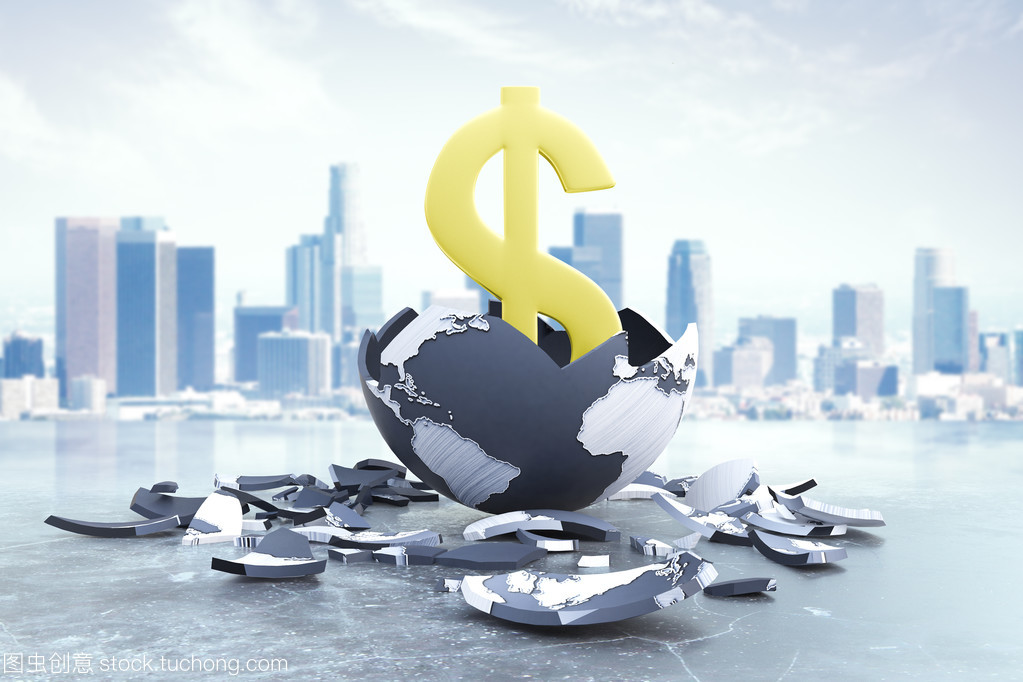It is like a global "money game", a complex and fascinating "financial management". The whole planet is like a huge, bustling shopping mall, and each country has a distinctive booth in the mall. Each booth is filled with goods and services that each country is proud to offer - from colourful handicrafts to cutting-edge technology, to delectable food specialities. The owners of these stalls, the countries, all try their best to show off their charms with one goal in mind: to attract "customers" from other countries.

In this "money game", every country is trying to earn "gold" - that is, foreign exchange earnings. When "customers" from other countries are interested in your goods or services and are willing to take out their wallets to buy them, your booth will earn a considerable amount of "gold coins". And when you are interested in the goods or services of other countries, you will become a "customer" of other booths when you take out your own "gold coins" to buy them. In this way, a global "money game" is going on. Each country is trying to show their advantages, to attract more "customers", and earn more foreign exchange income. And the rules and order of this game, by a set of complex international economic systems to maintain, ensure that everyone is in a fair and equitable environment for "trading".
In this "global mall", there are countries that, because of the popularity of the goods and services they produce, are like the "Netflix booths" that always capture the hearts and minds of their customers. These countries, whose international revenues far exceed their expenditures, have become what we call "international tycoons". They make a lot of money in this "money game" and are like sales champions with enviable wealth and resources. On the other hand, some countries are like small stores just starting in this "global shopping mall". Although they try hard to run their business, their international expenditures often exceed their incomes due to a variety of reasons, such as insufficiently attractive commodities or uncompetitive prices.

These countries are like the "well-off families" in our lives, living on a tight budget or even taking on debt to maintain their operations and livelihoods. Their performance in the "money game" is more like a challenge to survive, always looking for new opportunities and strategies to improve their financial situation. They also need to "buy" goods and services from other countries to meet their domestic needs, which leads to international spending. [...]
In this "big stage of money", money exchanges between countries are like a wonderful "financial drama", which is staged in different scenes every day. Some countries on the stage show their "wealth style", large sums of money to import luxury goods, and investment in high technology; while some countries on the stage find it difficult to "make ends meet", scrimping, and tightening their belts.
So, what does the balance of payments actually mean? It reflects a country's economic situation and strength, like a "financial mirror", so that countries can see their financial situation. With this "financial mirror", the country will be able to adjust its financial policy promptly and maintain a financial "health checkup". Balance of payments is like a global version of the "financial test", countries in this "money stage" on the continuous interpretation of their own "financial drama". Let us cheer for this "financial drama" wonderful performance, looking forward to the economy of all countries "showing their skills", on the world stage to show a more beautiful "wealth style".






